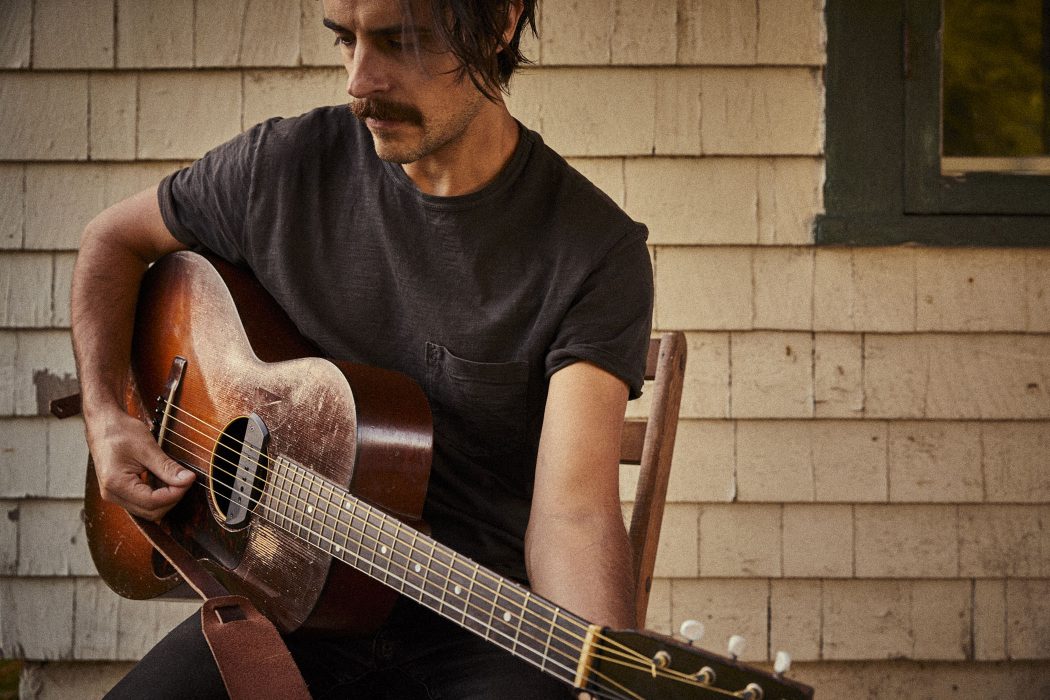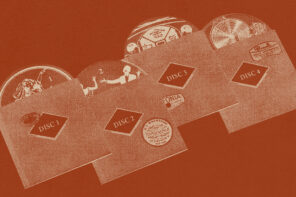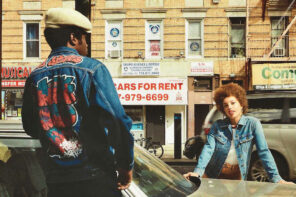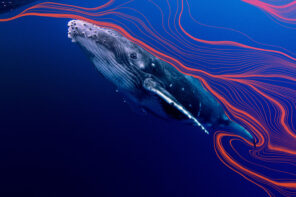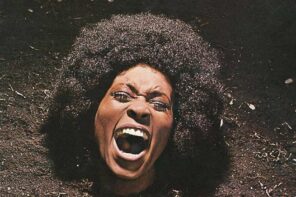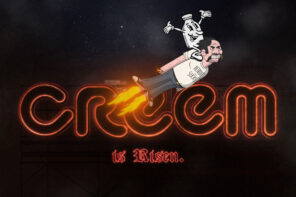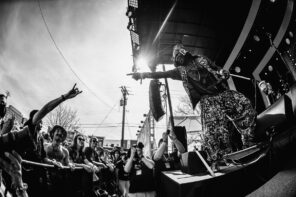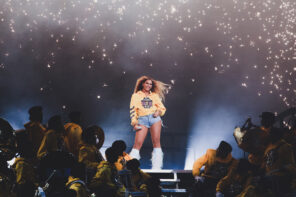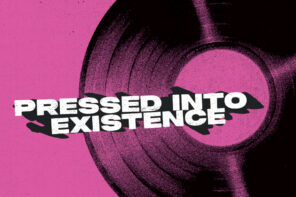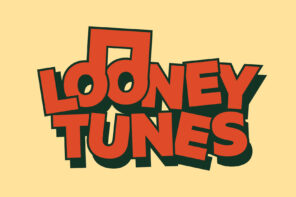Two musicians talking about things like life on the road, their new albums and what the move is when you’re eating dinner at a gas station.
We knew we wanted to introduce you all to J.R. Jones of The Bones of J.R. Jones who plays a kind of post modern blues pastiche. Like if Blind Lemon Jefferson time traveled to 2021 and then moved to Woodstock and made music in his attic with a drum machine. He’s just released his new EP, “A Celebration.”
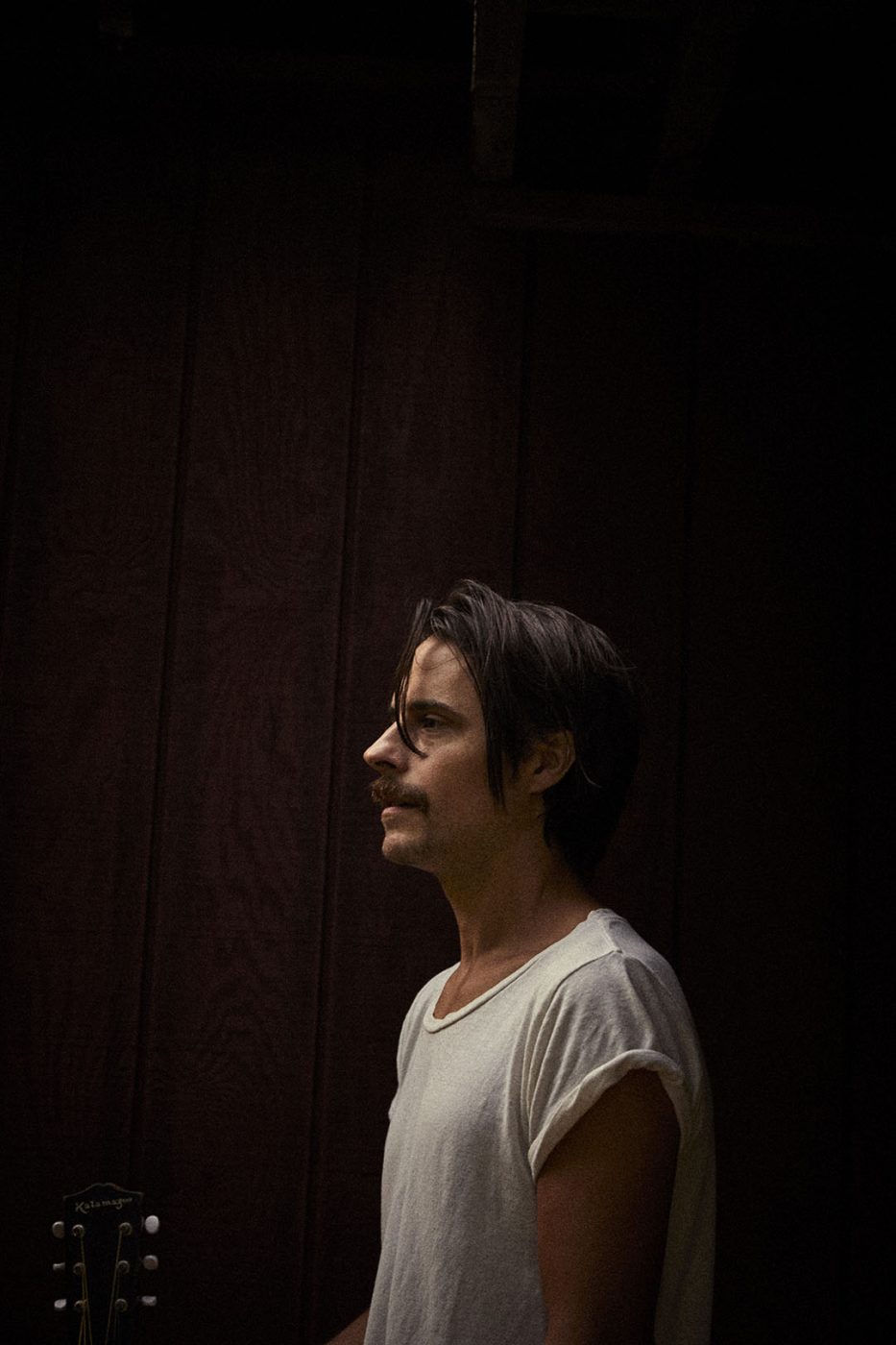
So we knew we wanted to do something with J.R. and we asked him, how about you interview interview another musician and talk about what you guys do a little. He picked Aaron Frazer. And they do talk about music—from dad rock to Maggie Rogers—but also a lot of what they do on the road is “eat hand” soup at gas stations.

Aaron Frazer has that old-school soul vibe, honed in his work with Durand Jones and the Indications and now razor sharp on his debut solo album Introducing… Aaron Frazer, produced by Black Keys guitarist Dan Auerbach.
LISTEN
Here’s a brief excerpt, and at this point the guys had switched it around and Aaron started interviewing J.R., but listen to the whole conversation above if you want to know what hand soup is.
Aaron: Can I ask you specific questions about your EP? I know it’s not out yet.
J.R.: Sure.
Aaron: All right. So the opening track, the opening track is called?
J.R.: “Stay Wild.”
Aaron: Yeah. So that one is very optimistic to me. It has this optimism and I picked up on a lyric that was like, “I still believe in the American dream.” Right?
And I guess I wanted to know what makes you hopeful about the American dream? And I went in to know if you felt like, is there a new definition of the American dream or are we working towards just a truer…. I don’t know.
J.R.: Yeah. I mean, personally and maybe not so poetically, I think it’s unattainable. And that’s why for me it is the dream. Whatever my version of the American dream would be, you know what I mean? But I’m always going to believe in it. I guess I feel like I’m always going to be chasing it, whether it’s me… I’m pursuing it right now, actively, playing music, living the life I want to leave putting things out into the world that I think are positive and good and going to cause good change. And that for me is… And being able to survive on that, and being sustainable and creating these relationships through that. That, I guess, for me is what I hope it to be, I guess. I’m sure next year that might change. I don’t know.
Aaron: Because when I heard that, it resonated with me on some level. And I agree that there is such a fallacy in the part of the American dream that talks about bootstraps. That it’s not as simple as anyone… I mean, of course there are exceptions, whatever, but the road looks different depending on where the universe spat you out.
J.R.: And we can go down a social political hole here, I’m afraid. But yeah, I totally agree, the fallacy. I think this country offers a lot to the people who are fortunate enough to live here and try to survive here. But the fallacy, 100%, we all start on an even playing field and your success is based on how hard you try or it looks good on paper, but it just isn’t true.
Aaron: So your track ”Shine,” that’s the single, right? Is that what’s called “Shine?”
J.R. There’s one called ”Howl.” They’re all animals-related There’s ”Bad Moves,” ”A Celebration,” ”Stay Wild” and “Like an Old Lover.”
Aaron: What’s the third song?
J.R. “Bad Moves.” The refrain is, “I want to hold your shine.”
Aaron: Okay. All right. So as I was listening to that, I noticed that you use a decent amount of drum machine, through multiple records. And as a drummer, I’m curious: what the hell, man? No, kidding. Is it an aesthetic choice or is it a functional thing or is it both?
J.R. A lot of the drum machine stuff that was done in the past was purely aesthetic. And it was pretty mild, I think, through the records, I feel like. The whole point of the EP was to… Of course it ended up being a larger lift than I intended it to be. But I had basically eight songs that were whittled down to six at the end of the day. But I just wanted to get them recorded. I want to get them out there. And so, I worked with my 606 drum machine and a Linn drum machine. And it was just contained. It was just me and that. You know what I mean? And so, I worked with my buddy Kiyoshi to develop the sounds and the production and stuff like that. But I would have loved to work with a drummer, but it was just easier and cheaper to have a drum machine. And I also felt like the vibe of the songs were pretty well with the drum machines, I guess. But it was efficiency and economy over everything else.
Aaron: Well, that makes sense. But I do think that there’s something about the drum machine that just evokes intimacy to me. Because it’s small and personal.
J.R.: Were you ever a fan of Jonathan Frusciante? He was the guitarist in Red Hot Chili Peppers. And he did a couple of records back in the day. Sadly, the story was that he was strung out over these records. But there’s a record out there. I can’t remember the name of it. I can see the cover, it’s blue and it’s this dark green. But it’s just him and a drum machine, and it’s the most intimate sounding thing. He did it probably an eight track. And it’s just you can’t beat that. You just feel exposed.
Aaron: That’s the magic of Nebraska? You said you’re a big Springsteen fan. Where does that rank in your ranking of his albums?
J.R.: That’s a good question. Because chronologically, I didn’t stumble on to Nebraska probably until I was 18 years old. And so, Born in the USA was very much my childhood. And then I heard Nebraska or really fell into that to Nebraska a little bit later in life. And that quickly became my number one album. In part, because it’s just him and a guitar. There’s no production, there’s just him in a harmonica or whatever. And it’s pretty amazing. Are you Springsteen fan?
Aaron: So I grew up in Baltimore. So close to Jersey, but I didn’t have a lot of Springsteen in my life. My dad was much more in the Jackson Brown. My mom was Carol King and Jim Croce. My dad liked Beach Boys, Beatles, Three Dog Night, The Doobie Brothers.
J.R.: I think every dad has that collection. What you just rattled off was the childhood dad soundtrack for myself as well.
Aaron: When they have their first kid, the hospital gives them a stack.
J.R.: Yeah. They’re like, “Here’s your 45s. Take them home, play these.”
Aaron: Double disc, Very Best of the Eagles.

